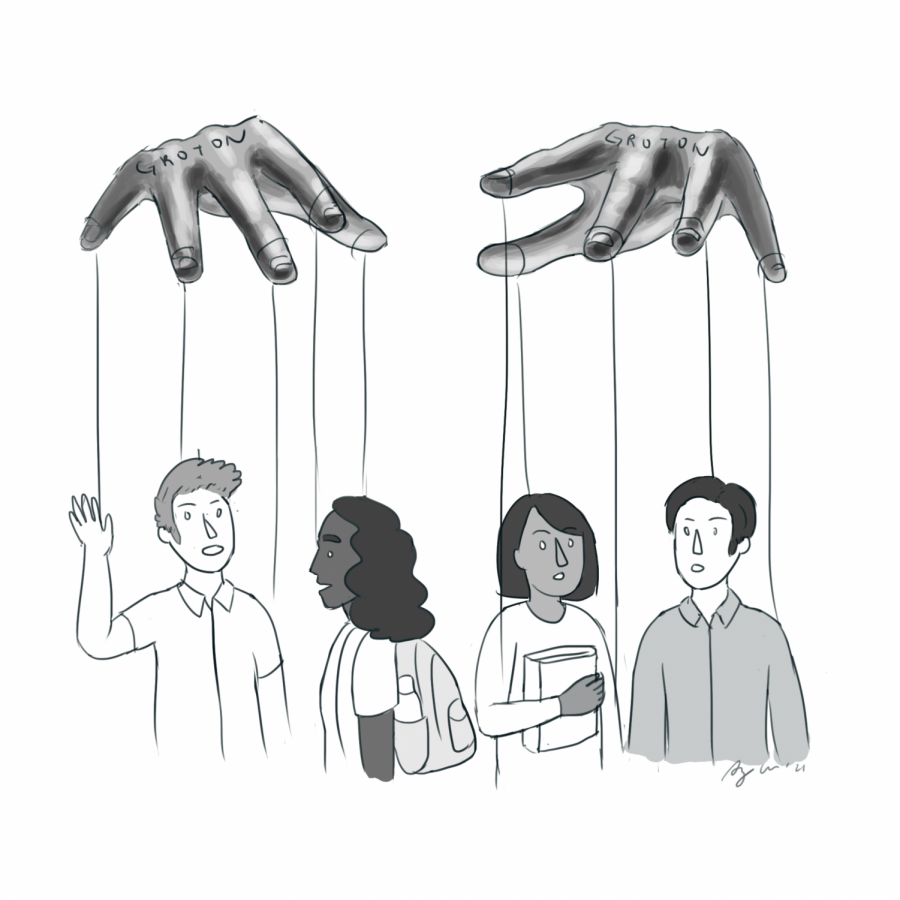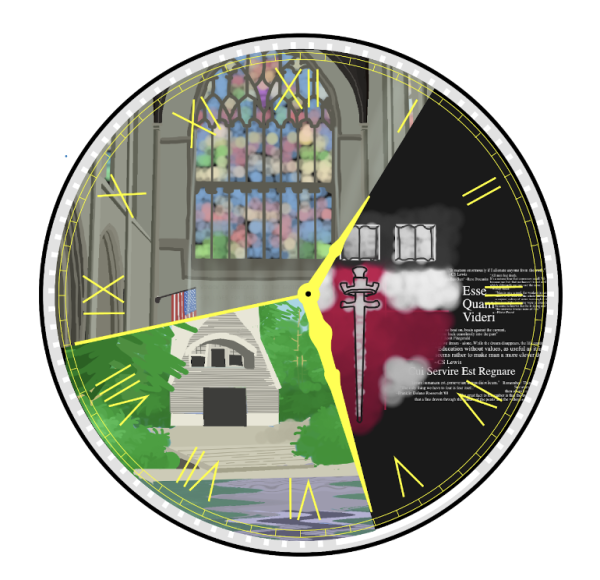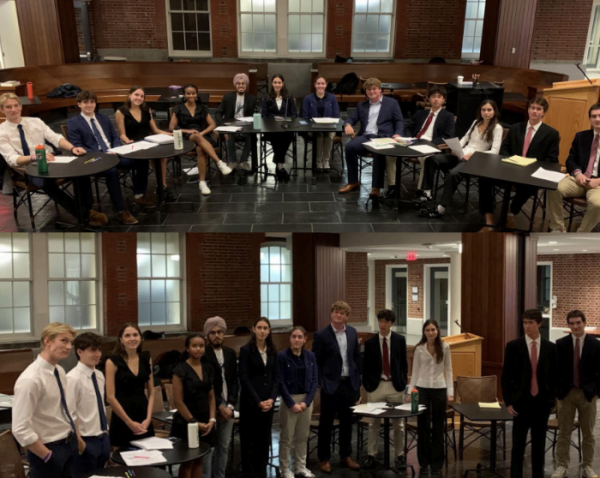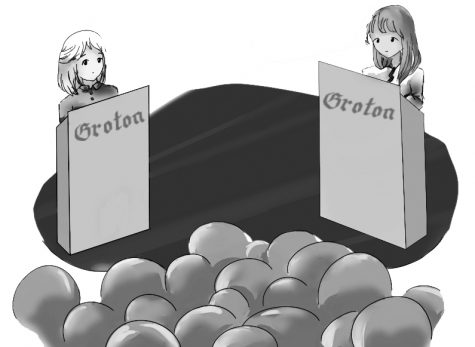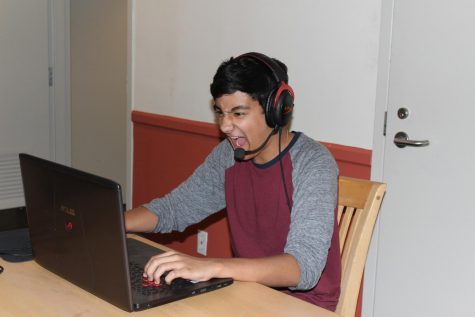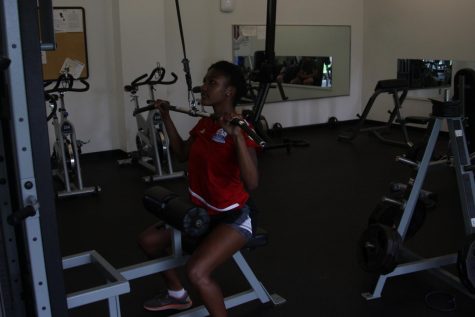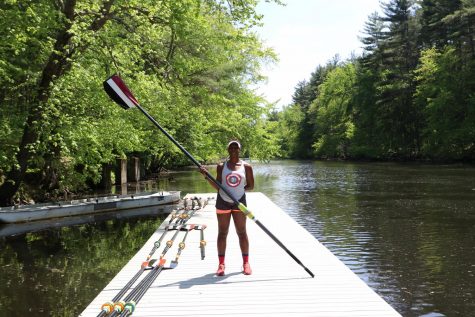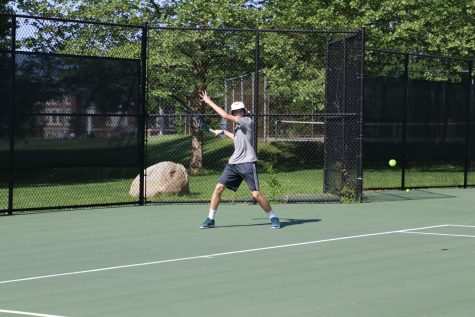Battling Groton’s Big Brother: Give Students Trust
Shock. Excitement. Shock again. Nervousness. Shock once more. These were the emotions that ran through my head on the morning of April 17th—my first actually surprising Surprise Holiday. Once the shock had subsided, several friends and I decided to take the early bus into Boston, and, afterwards, head to my house, an easy, fifteen-minute ride from Newbury Street.
We had it all planned out: we’d head to my house in Weston and bake, and then my mom would take us all back to Groton with more than enough time to be back before check-in. Thinking nothing of it, I quickly sent an email to the deans informing them of our plans. Rather than receiving a confirmation that we could leave, we were promptly told that late returns to Groton would be unacceptable, and that Surprise Holiday ended at dinner. My friends and I were puzzled; we were all in fifth or sixth form, meaning that we wouldn’t be missing study hall, and there are no rules against going out to dinner on a school night as long as you’re back in a timely manner, so it didn’t really matter if Surprise Holiday ended at dinner. In fact, I’ve gone out for dinner often on school nights when my parents were visiting. We sent another email to the deans, asking what the problem was and explaining our point of view. They replied swiftly again and once more refused our request.
After that, we resigned ourselves to having to return back to the bus at 4:00. Though this incident was fairly insignificant and trivial, it magnified a far larger problem: how much of our everyday lives are dictated by the School administration.
Everything we do as Groton students – where and with whom we live, what we do on weekends, which cars we enter – is primarily dictated by someone other than ourselves. If we don’t comply with these constraints, we face punishments such as being restricted on campus, or, possibly being sent to the Disciplinary Committee. Given that Groton prides itself on fostering leadership, it seems contradictory to give us so little freedom to lead our own lives.
Perhaps you’re thinking, well, the administration controls so much simply because of liability. While it’s the true that the School, with even a basic level of forethought, would seek to control its own liability, there are a whole lot of dangerous things in the world. (I’ve got no idea how many axe murderers could be hiding in the Groton woods, for example.) The School should assume some risk, even if we or our parents need to sign our life away in the enrollment contracts. Also, as far as risks go, popping over to CVS for some fruit snacks is hardly worth mentioning.
Furthermore, other schools, including Phillips Exeter Academy, also have less strict regulations: according to Exeter student Abigail Zhang ‘19, Ubers and spontaneous departures from campus are acceptable, as long as the travel is within a ten-mile radius. The Exeter student handbook confirms this: “For day trips within the Exeter vicinity… with a driver over 21 years old, Dean’s Office out-of-town permission is not needed. However, students must inform the faculty member on duty in their dorm.”
A ten-mile radius might seem small, but in Groton, ten-miles is actually two miles more than the distance from the Groton campus to the local shopping mall and popular weekend trip destination, The Point in Littleton.
Outside of transportation, our lives are similarly constricted. We have no choice but to sign up for a sport or theater if we’re in third or second form, and if we are older and choose to participate in either a Faculty Sponsored Activity (FSA) or in Strength and Conditioning, those afternoon activities are monitored intensely as well. For instance, FSAs are expected to meet with their faculty sponsor four times a week. Following this rule, there is little space for real independence when it comes to afternoon activities.
I am not and do not mean to sound ungrateful for all the administration provides, nor for all the work it does on our behalf, but I am advocating for more trust—to let us make our own decisions and not always put us under constant scrutiny with the REACH app, over-restrictive afternoon activities or required school events. Let us make some of our own decisions, suffer our own consequences – like perhaps missing an excellent Circle Talk – and stop keeping us so sheltered in the Groton bubble. The administration should empower and trust its students to make the right decisions, and Groton students will stay worthy of the trust.


